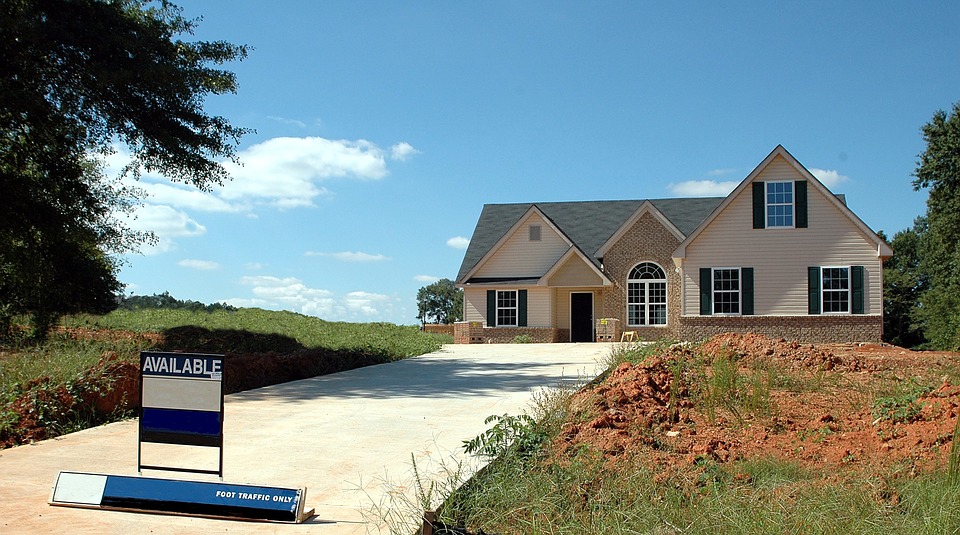Foreclosure Process Explained

What are all the steps of the foreclosure process? How does foreclosure work?
If your income has taken a hit in the past few months, you might be falling behind on your bills. In that case, you’re not alone. Before the bank forecloses on your home, make sure you know how it works — or you risk making the wrong decisions by being overwhelmed when it all comes crashing down at once.
At the beginning of 2021, according to a survey from the US Census Bureau, roughly 10 million renters said they were behind on their rent (about three times the usual rate).
The potential foreclosure and eviction crisis might be even worse than in 2008. According to Moody’s Analytics, “approximately seven million households lost their homes in foreclosure during the five darkest years of the global financial crisis (2008-2012). Here we have 10 million families facing a similar fate over a matter of months.”
For now, the government’s moratorium on evictions protects most homeowners and renters — but we all know that the moratorium can’t last forever.
Maybe you’ve fallen far enough behind on your mortgage payments that you received a “Notice of Default” from your mortgage lender. What does it mean? Is someone going to evict you and your family? What options do you have?
If you’ve recently received one of these notices, we want to help you understand why. Even if you’re very far behind on your mortgage payments, there are many things you can do to avoid having your home put up for public auction (and eventually, of course, getting evicted).
In order to understand exactly what those options are, though, you need to know how foreclosure works.
The Foreclosure Process, Step-by-Step
Pre-Foreclosure
The first two steps of the foreclosure process are known as “Pre-foreclosure.” That’s because your house hasn’t yet been put up for auction. Here’s what happens:
You stop making mortgage payments because of financial difficulties for anywhere from 3-6 months.
The bank sends you a notice of default.
What is a Notice of Default? What is “Default?”
Default is failure to repay a debt.
So, a notice of default is a serious step taken by a lender. It indicates that the borrower has breached the terms of the mortgage contract by failing to make payments on time, so the lender is now taking the legal steps necessary to either 1) secure the missed payments or 2) secure the collateral that backs the loan (in this case, the house).
You don’t actually own a house until you pay off your mortgage completely, even if the bank gave you a bad loan. Until then, you’re borrowing the house from the bank.
The bank wants to avoid foreclosure, so there’s a chance you can go into forbearance. In forbearance, the bank delays or reduces your mortgage payments until you’re back on your feet. When you receive this notice, try to talk to your lender to explore your options.
Next up is the actual foreclosure itself, when the bank takes back the house.
Foreclosure: Auction, REO, and Eviction
- If you take no action to repay the debt, the bank puts your house up for auction. Why? Because they want to recoup whatever’s left on the mortgage (or as much of it as they can). If your house sells at auction, you’ll have a limited amount of time to move out, and your new landlord should inform you of when they need you out of the property.
- If the house fails to sell at auction, the bank hires a realtor or realty agency to list the house as an “REO,” which stands for “real estate owned.” They’ll sell the REO property just like they would a typical house, with showings and inspections and appraisals and everything.
- Eviction. Regardless of what happens, at some point, you’re not going to be able to live in the house anymore, and someone will come by to evict you. The only way to sidestep this, though, is if the buyer of your home is looking to use it as a rental property, and you show that you’re willing and able to make the rental payments. However, this is unlikely, because the landlord is going to figure that, if you were able to make the rent payments, you wouldn’t have fallen behind on your mortgage.
How Does Foreclosure Work? Foreclosure Process Explained
Many Americans are struggling right now. Even if you’re nowhere near the point where you’ve received a notice of default, most people are only a couple paychecks away from falling severely behind on their mortgages — and the rent and eviction moratorium isn’t going to last forever.
So it helps to know how foreclosure works before you find yourself so stressed out by all your delinquencies that you have no idea what to do, or who to turn to.
But if you don’t know what your options are, feel free to contact us. We specialize in distressed properties, so we’ll be able to work something out if you’re looking to sell before the bank can send you a notice of default. We don’t care about the condition of the property, and you don’t have to worry about putting in weeks — or months — of effort to sell it. You’ll get a fair market offer as soon as we can get a good look at it.